Which of the following will not yeild a cyclic compound on heating
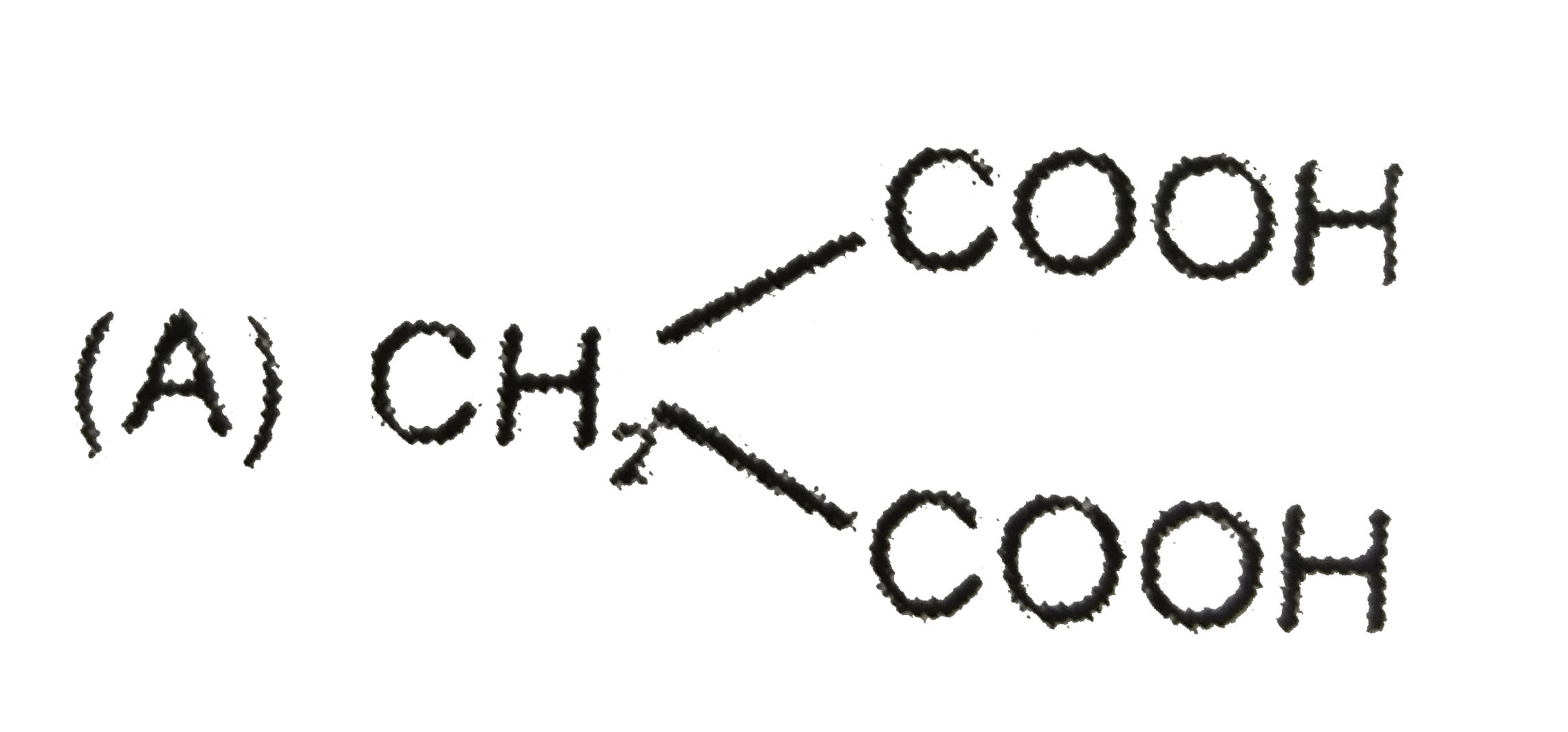
CH2−COOH|CH2−COOH
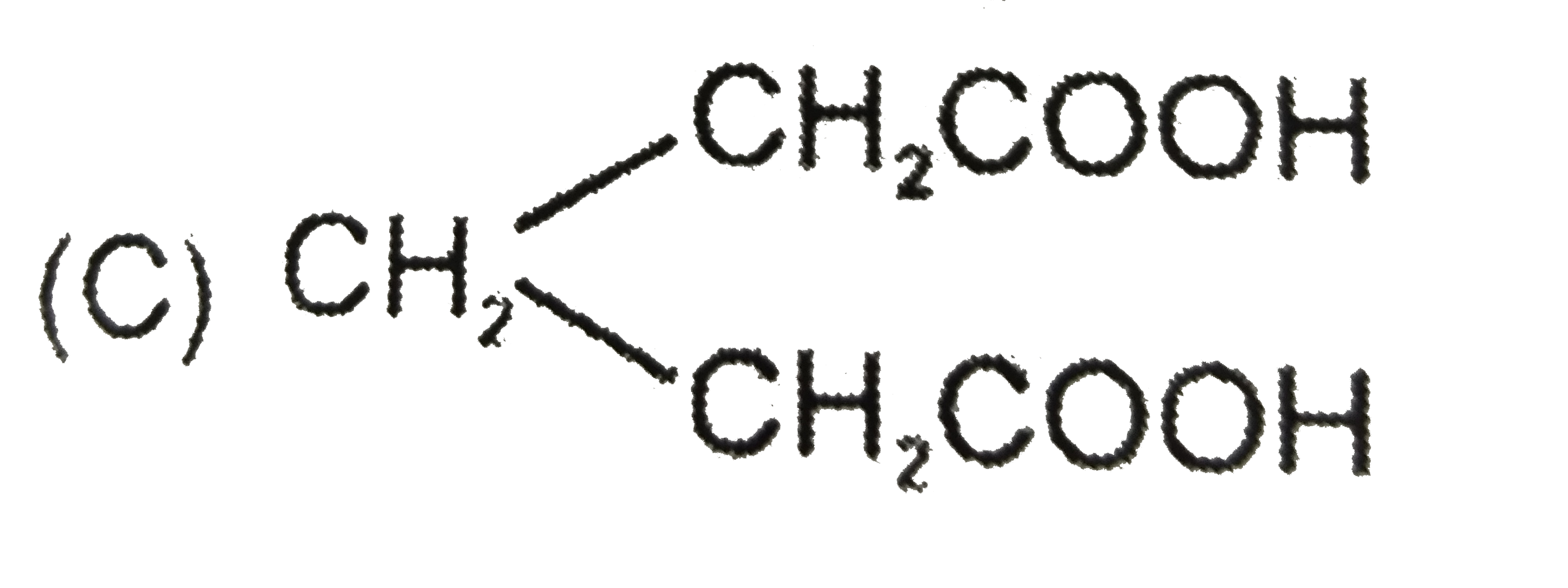
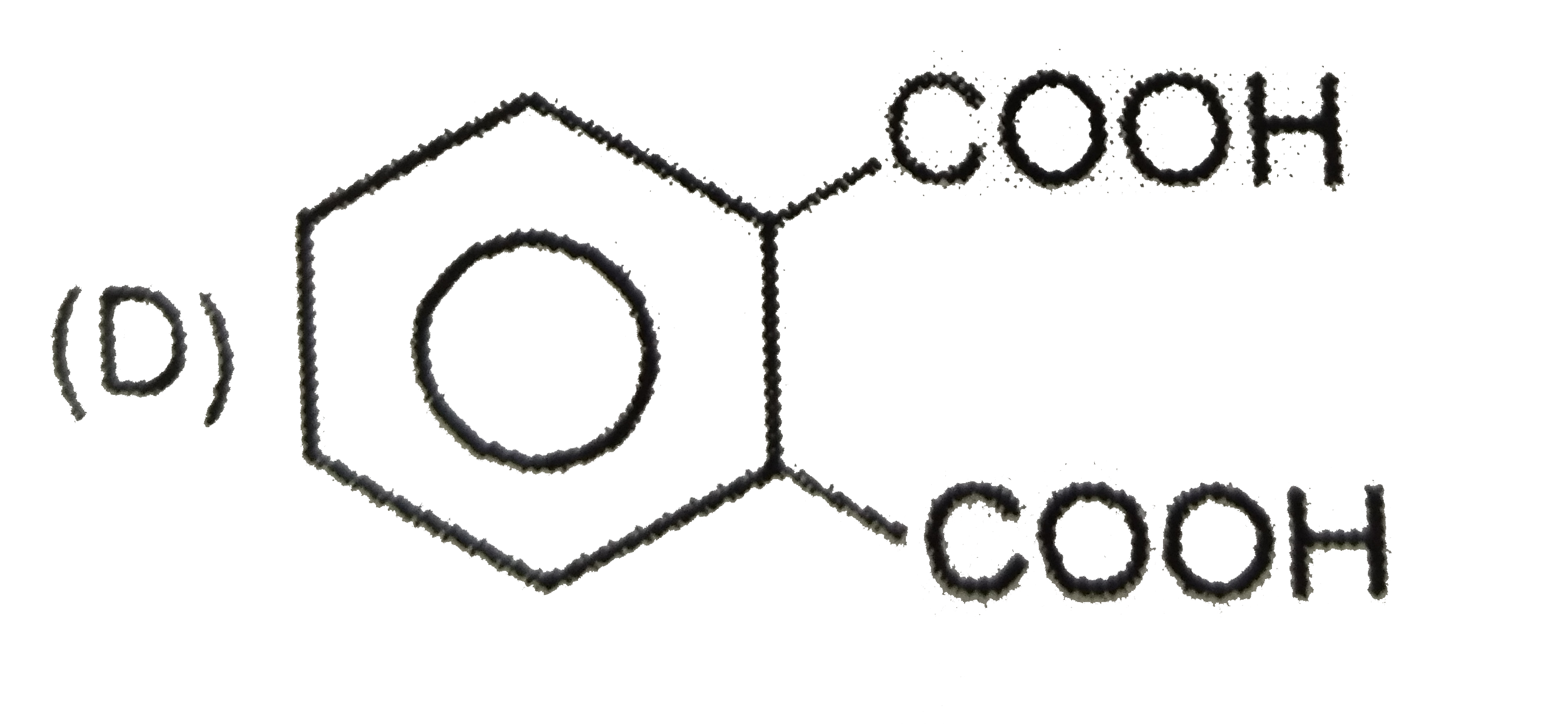
The correct Answer is:A
To determine which of the given compounds will not yield a cyclic compound upon heating, we will analyze each option step by step.
1. Identify the Compounds:
We have four compounds to analyze. Let's denote them as:
- Option 1: CH2COOH (Formic Acid)
- Option 2: CH2CH2COOH (Butanoic Acid)
- Option 3: CH2CH2COOH (Butanoic Acid)
- Option 4: Thalymide (Cyclic compound with carboxylic groups)
2. Analyze Option 1 (CH2COOH):
- When heated, both carboxylic groups are present on the same carbon.
- The reaction leads to the elimination of CO2, resulting in CH3COOH (Acetic Acid).
- Acetic Acid is a non-cyclic compound.
3. Analyze Option 2 (CH2CH2COOH):
- Here, the carboxylic groups are on different carbons.
- Upon heating, water is eliminated (H and OH from the carboxylic groups).
- This results in a cyclic compound being formed.
4. Analyze Option 3 (CH2CH2COOH):
- Similar to Option 2, the carboxylic groups are on different carbons.
- Heating leads to the elimination of water, forming a cyclic compound.
5. Analyze Option 4 (Thalymide):
- This compound has a benzene ring with carboxylic groups.
- Upon heating, water is eliminated, leading to a cyclic compound formation.
6. Conclusion:
- From the analysis, Options 2, 3, and 4 yield cyclic compounds upon heating.
- However, Option 1 does not yield a cyclic compound; it yields acetic acid, which is linear.
Final Answer:
Option 1 (CH2COOH) will not yield a cyclic compound on heating.
---
We have four compounds to analyze. Let's denote them as:
- Option 1: CH2COOH (Formic Acid)
- Option 2: CH2CH2COOH (Butanoic Acid)
- Option 3: CH2CH2COOH (Butanoic Acid)
- Option 4: Thalymide (Cyclic compound with carboxylic groups)
- When heated, both carboxylic groups are present on the same carbon.
- The reaction leads to the elimination of CO2, resulting in CH3COOH (Acetic Acid).
- Acetic Acid is a non-cyclic compound.
- Here, the carboxylic groups are on different carbons.
- Upon heating, water is eliminated (H and OH from the carboxylic groups).
- This results in a cyclic compound being formed.
- Similar to Option 2, the carboxylic groups are on different carbons.
- Heating leads to the elimination of water, forming a cyclic compound.
- This compound has a benzene ring with carboxylic groups.
- Upon heating, water is eliminated, leading to a cyclic compound formation.
- From the analysis, Options 2, 3, and 4 yield cyclic compounds upon heating.
- However, Option 1 does not yield a cyclic compound; it yields acetic acid, which is linear.
Option 1 (CH2COOH) will not yield a cyclic compound on heating.
Topper's Solved these Questions
- CARBONYL COMPOUNDS (ALDEHYDES & KETONES ) & CARBOXYLIC ACID BOOK - RESONANCE ENGLISHCHAPTER - CARBONYL COMPOUNDS (ALDEHYDES & KETONES ) & CARBOXYLIC ACID EXERCISE - Part-III
8 Videos
- CARBONYL COMPOUNDS (ALDEHYDES & KETONES ) & CARBOXYLIC ACID BOOK - RESONANCE ENGLISHCHAPTER - CARBONYL COMPOUNDS (ALDEHYDES & KETONES ) & CARBOXYLIC ACID EXERCISE - Exercise-2 Part-I
1 Videos
- CARBONYL COMPOUNDS (ALDEHYDES & KETONES ) & CARBOXYLIC ACID BOOK - RESONANCE ENGLISHCHAPTER - CARBONYL COMPOUNDS (ALDEHYDES & KETONES ) & CARBOXYLIC ACID EXERCISE - Exercise-1 Part-II
1 Videos
- BIOMOLECULES & POLYMERBOOK - RESONANCE ENGLISHCHAPTER - BIOMOLECULES & POLYMEREXERCISE - ORGANIC CHEMISTRY(Biomolecules & Polymer)
34 Videos
- CHEMICAL KINETICSBOOK - RESONANCE ENGLISHCHAPTER - CHEMICAL KINETICSEXERCISE - PHYSICAL CHEMITRY (CHEMICAL KNIETICS & RADIOACTIVITY)
49 Videos
Similar Questions
Knowledge Check
Which of the following compounds will not give ammonia on heating?
A(NH4)2SO4BNH2CONH2CNH4NO2DNH4ClWhich of the following will give cyclic products upon being heated or being treated by an acid?
A B
B C
C D
D
Which of the following compounds will not rearrange on heating with AlCl3 ?
A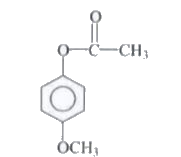 B
B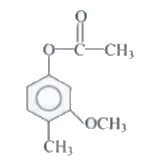 C
C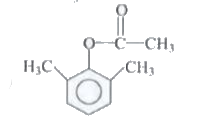 D
D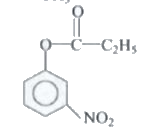
Which of the following organo-silicon compound on hydrolysis will give cyclic silicone ?
View SolutionWhich of the following compound gives paramagnetic gas on heating :-
View SolutionWhich of the following compound gives paramagnetic gas on heating :-
View SolutionWhich one of the following is not possible in a cyclic process?
View SolutionWhich of the following compounds will undergo decarboxylation on heating?
View Solution
